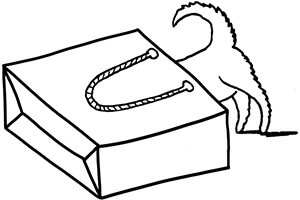-

Your Shopping Bag is empty

The Responsible Choice
Buying antique jewellery is both ethical and eco-friendly as harmful and destructive mining processes are not needed to make an item yours.
Find Out More

 Free Worldwide Delivery
Free Worldwide DeliveryAn unusual 15ct62.5% pure gold (or 625 parts pure gold and 375 parts other metals). Popular during the Victorian, Edwardian and Art Deco eras but was discontinued in the mid-1930s. More gold ring that was made in the 1820-1830 period. It has a naturalA natural stone is called such because it has not been subjected to any treatments. More split pearlNatural pearls are an organic gem formed inside live mollusc shells and come in all shapes and sizes. They are formed as the result of a natural irritant within the mollusc's mantle and as a defence, layers of iridescent nacre form over the top of it, creating a pearl. More clusterA group of small diamonds or colourful gemstones grouped together to form a cluster, mimicking the look of a larger gem. Often this group can surround a larger center stone. More with a rectangular cut rubyOne of the most valuable gemstones on earth. From the corundum family, the red variety being ruby and the blue, sapphire. With the exception of the diamond, corundum is the hardest of the gemstones on the Mohs scale scoring a 9. More and a gold flower on either side with the stems coiling around the shankThe circle of metal that attaches to the decorative part of a ring and encircles the finger. More. These rings were very popular then and are charming reminders of a bygone age.
The Details
I have never had one of these rings with the stem coiled around the shank before

Buying antique jewellery is both ethical and eco-friendly as harmful and destructive mining processes are not needed to make an item yours.
Find Out More


We always stand by our five core principles: Quality, Rarity, Expertise, Peace of Mind and Personal Touch
Find Out More